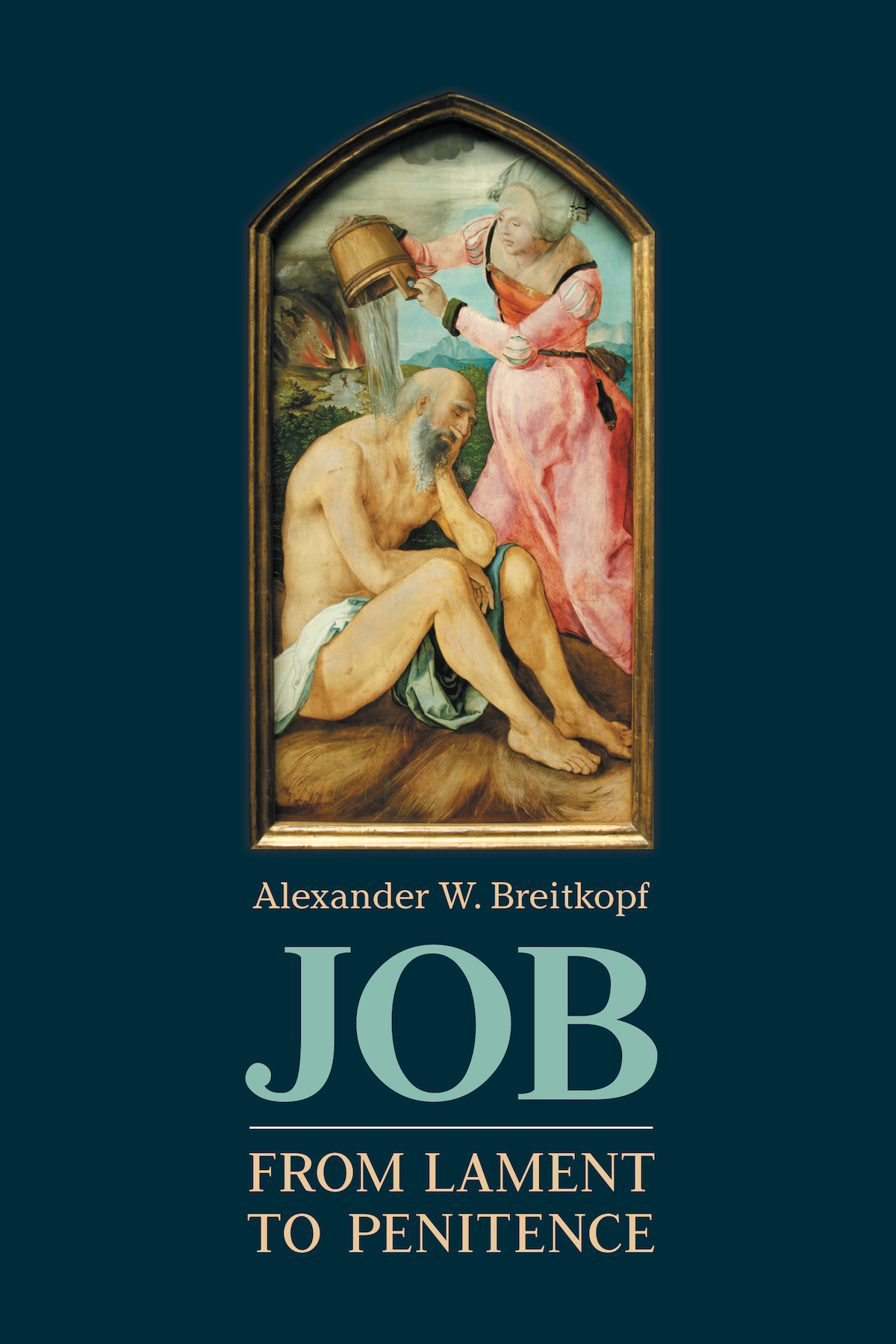Job: From Lament to Penitence
Published: Nov 2020
£60.00
Recent form-critical studies from Mark Boda and Rodney Werline among others have brought about an increased interest in the penitential form and a recognition of the form as distinct and derivative from the lament form. This development in scholarship has enabled the present study to develop a new analysis of the penitential form in Job and its interaction with the lament form.
Using the methodological frameworks of form criticism and eco-anthropology —which studies how human identity is formed in relation with the natural world —, Breitkopf argues that the voice of the character Job undergoes a marked shift from lament to penitence as the book proceeds. It corresponds to a shift in the character's worldview, evinced in the book's language about the natural order.
Negative language and imagery about nature is abundant in Job, e.g. when Job in chapter 3 curses existence (especially birth and life) and invokes Leviathan. In so doing, Job discloses his understanding of humanity as dominant over the natural world. But as the book of Job nears its end, the divine speeches, where wild animals and Leviathan are described as thriving and free from human control, subvert Job's negative language.
Fundamentally, Breitkopf argues, Job's language, such as in chapter 3, is challenged by the divine speeches. Job's final words in response, especially in 42.6, expressed in penitential language, signal a reconsideration of his human identity as mere “dust and ash” within the framework of the natural world and represent a striking change from his original outlook.
Job: From Lament to Penitence
£60.00
Recent form-critical studies from Mark Boda and Rodney Werline among others have brought about an increased interest in the penitential form and a recognition of the form as distinct and derivative from the lament form. This development in scholarship has enabled the present study to develop a new analysis of the penitential form in Job and its interaction with the lament form.
Using the methodological frameworks of form criticism and eco-anthropology —which studies how human identity is formed in relation with the natural world —, Breitkopf argues that the voice of the character Job undergoes a marked shift from lament to penitence as the book proceeds. It corresponds to a shift in the character's worldview, evinced in the book's language about the natural order.
Negative language and imagery about nature is abundant in Job, e.g. when Job in chapter 3 curses existence (especially birth and life) and invokes Leviathan. In so doing, Job discloses his understanding of humanity as dominant over the natural world. But as the book of Job nears its end, the divine speeches, where wild animals and Leviathan are described as thriving and free from human control, subvert Job's negative language.
Fundamentally, Breitkopf argues, Job's language, such as in chapter 3, is challenged by the divine speeches. Job's final words in response, especially in 42.6, expressed in penitential language, signal a reconsideration of his human identity as mere “dust and ash” within the framework of the natural world and represent a striking change from his original outlook.

